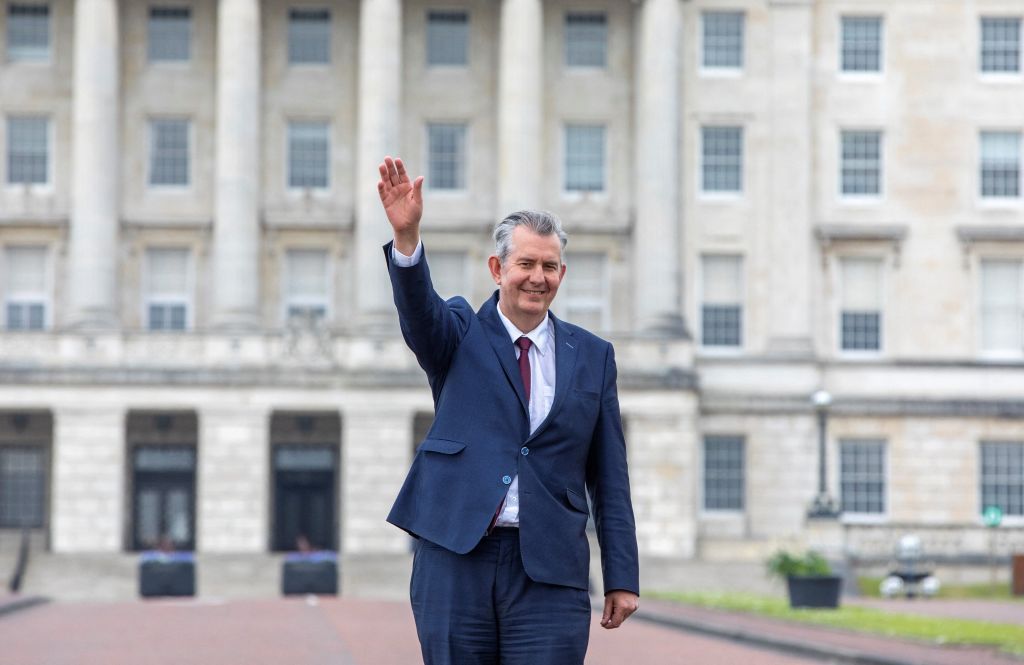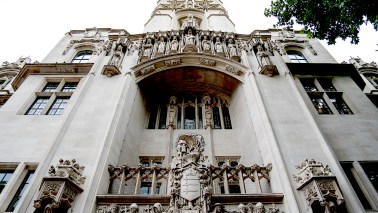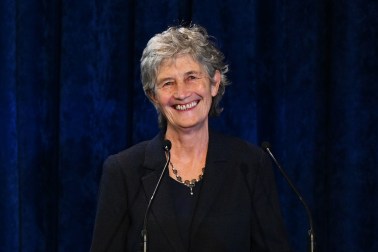What to make of the triumph of Edwin Poots, the new leader of the Democratic Unionist party, who defeated the party’s Westminster leader Jeffrey Donaldson by 19 votes to 17 in its first ever leadership election?
Poots’ victory marks for some the definitive end of the party’s moderate turn instituted by Peter Robinson in 2008. Those not au fait with the intricacies of the DUP may find the suggestion of moderation risible. But Robinson – and indeed his own successor, Arlene Foster – recognised that for unionism to succeed, a more open approach was needed. While the execution of that strategy was often lacking, the intent was there.
For many within the party – and the broader unionist tribe – this was an uncomfortable spell and one pockmarked by setbacks and perceived retreat, culminating in the strategic calamity of the Northern Ireland Protocol. Perhaps Donaldson, often seen smiling alongside Nigel Dodds during those heady but ultimately futile days of Westminster ascendancy, was seen to have had too many fingerprints at the scene of the crime.
The Protocol is the primary challenge facing Poots
The Protocol is the primary challenge facing Poots. Throughout the party’s low-key election campaign he has made a commitment to undermine its implementation and facilitate its demise, despite heading up the Stormont department tasked with its enforcement.
Poots needs to be honest with unionists and loyalists about how he intends to do this beyond the vague commitments of his manifesto. As shown by the disturbances in Northern Ireland at Easter, and the rolling campaign of protest since, loyalism is at a particularly acute point. The danger facing Poots is that by failing to live up to his promise, the grassroots may become thoroughly disenchanted with political unionism; this would create a profoundly dangerous vacuum. How he approaches London, Dublin and Brussels in these first few days will be crucial.
Cultural and societal issues are also pressing items in Poots’ in-tray. Given his own evangelical views, the question of movement on matters like LGBT rights is up for debate. But there was an interesting development on the margins of the main contest, with Paula Bradley being elected as the new deputy leader, instead of the MP Gregory Campbell, a firebrand from the east of the Province.
Bradley is viewed as the party’s most ‘progressive’ representative; unusually for the DUP hierarchy, she is not a practising Christian. She abstained on the vote to ban gay conversion therapy last month, which led to Foster’s downfall. Yet it remains to be seen how much clout she will be able to exercise.
The issue of the Irish language remains a vexatious one; there was widespread discomfort in unionism and the DUP grassroots that Foster accepted Irish language legislation as part of the deal to reboot the Executive and Assembly in early 2020. Its implementation has fallen by the wayside during the pandemic, and given the ire it inspires among those likely to share Poots’ politics, its progress is far from certain. That could pose fundamental questions for the future of the devolved institutions.
Whoever is the DUP’s replacement for Foster as First Minister – Poots is not combining both roles, like his predecessors – is critical here. Is it feasible for him to maintain a church and state accommodation between party and government? Will the DUP tail wag the Executive dog? It is not difficult to see this set-up proving unworkable in Stormont’s already delicate equilibrium.
The DUP is at a crossroads, that favoured piece of Ulster political imagery. Will Poots lurch rightward as so many predict? Or like Ian Paisley and Peter Robinson before him, might he mellow in the surrounds of office? Will moderates like Bradley be able to soften the party’s approach to social issues? Will Poots’ style give the UUP, also soon to be under new management, a fresh impetus? Is it possible to make ‘traditional unionism’ viable as an election winning force in 21st century Northern Ireland?
For many, the above questions are a sideshow to the running sore of the Protocol, currently subject to a legal challenge which commenced yesterday. While it is obviously not in Edwin Poots’ gift to deliver its demise, for those who backed him today – and many in Northern Ireland – it is the yardstick which he and his party will be measured by. Backed into a corner by his own pronouncements, failure is not an option.






Comments